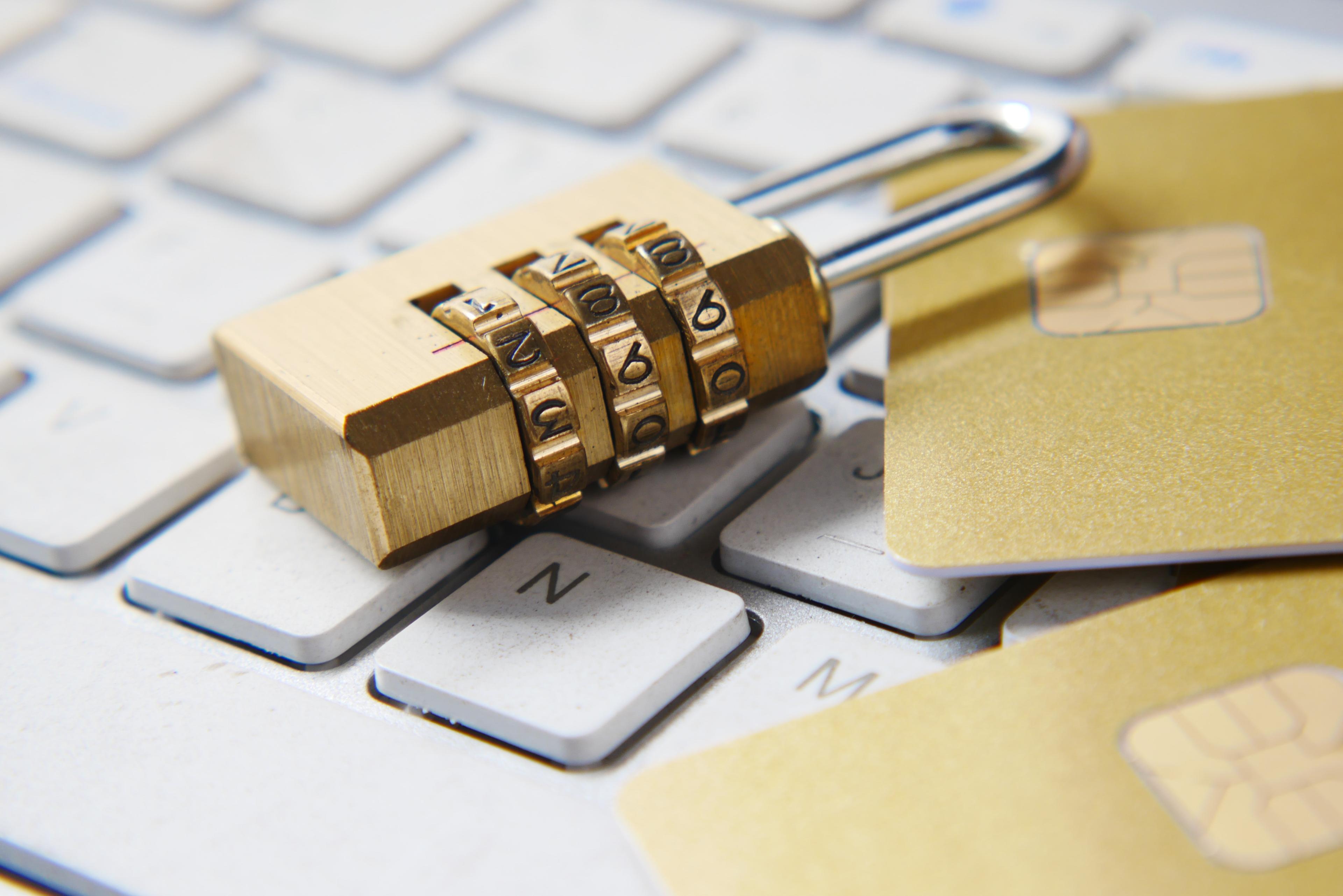The healthcare industry is increasingly relying on technology to provide better patient care. However, with this reliance on technology comes the need to protect sensitive patient data from cyber threats. Cybersecurity and compliance are essential aspects of healthcare that ensure patient data remains confidential and secure. The consequences of a data breach in healthcare can be devastating, so it is vital to take the necessary steps to protect sensitive patient data.
Common cybersecurity threats and challenges faced by healthcare providers
Healthcare providers face unique cybersecurity challenges due to the sensitive nature of the data they handle. Cybercriminals are always looking for ways to exploit vulnerabilities in healthcare systems to gain access to confidential patient information. Some common cybersecurity threats faced by healthcare providers include ransomware attacks, phishing scams, and malware. These threats can cause significant damage and financial loss to healthcare providers.
Pear Australia's commitment to security and compliance
Pear Australia is committed to providing secure and compliant solutions for healthcare providers. They offer secure nbn and mobile solutions to protect patient data. Pear Australia's solutions are designed to comply with industry regulations. They also conduct regular security audits and updates to ensure their solutions remain secure.
Best practices for healthcare providers to maintain cybersecurity and compliance
Healthcare providers can take several steps to maintain cybersecurity and compliance. These include regular employee training on cybersecurity best practices, implementing strong passwords and multi-factor authentication, encrypting data, and conducting regular security audits. By following these best practices, healthcare providers can reduce the risk of data breaches and ensure they remain compliant with industry regulations.
The Importance of Cybersecurity and Compliance in Healthcare
The healthcare industry is responsible for handling some of the most sensitive information there is - patient data. As healthcare providers continue to rely on technology to provide better care, the need for robust cybersecurity measures has become increasingly important. Protecting patient data from cyber threats should be a top priority for healthcare providers, as data breaches can cause significant financial loss and ruin patients' trust in their healthcare providers.
In addition to protecting patient data, healthcare providers must remain compliant with industry regulations such as the Health Insurance Portability and Accountability Act (HIPAA) and the General Data Protection Regulation (GDPR). Compliance helps ensure that patient data is handled ethically and legally, protecting both the patient and the healthcare provider.
Common Cybersecurity Threats Faced by Healthcare Providers
Healthcare providers face unique challenges when it comes to cybersecurity. Cybercriminals are always looking for ways to exploit vulnerabilities in healthcare systems to gain access to confidential patient information. Some common cybersecurity threats faced by healthcare providers include:
Ransomware Attacks
Ransomware attacks involve cybercriminals encrypting a healthcare provider's data and demanding payment to restore it. These attacks can cause significant financial loss and can even interrupt patient care.
Phishing Scams
Phishing scams involve cybercriminals tricking healthcare providers into revealing sensitive information by posing as a trusted source.

Malware
Malware is malicious software that cybercriminals can install on a healthcare provider's system. This software can be used to steal patient data or cause damage to the healthcare provider's system.
Best Practices for Healthcare Providers to Maintain Cybersecurity and Compliance
In addition to partnering with a secure and compliant provider such as Pear Australia, healthcare providers can take several steps to maintain cybersecurity and compliance. These include:
Regular Employee Training on Cybersecurity Best Practices
Employees should be trained to identify and avoid cyber threats like phishing scams.
Implementing Strong Passwords and Multi-Factor Authentication
Strong passwords and multi-factor authentication can help protect against unauthorized access to patient data.
Encrypting Data
Encrypting patient data can help prevent unauthorized access and ensure compliance with industry regulations.
Conducting Regular Security Audits
Regular security audits can help identify a healthcare provider's system vulnerabilities and ensure compliance with industry regulations.
Conclusion
Protecting sensitive patient data is essential for healthcare providers. Cybersecurity and compliance are vital to ensuring patient data remains confidential and secure. By partnering with a secure and compliant provider like Pear Australia and following best practices, healthcare providers can reduce the risk of data breaches and protect their patient's sensitive information.
